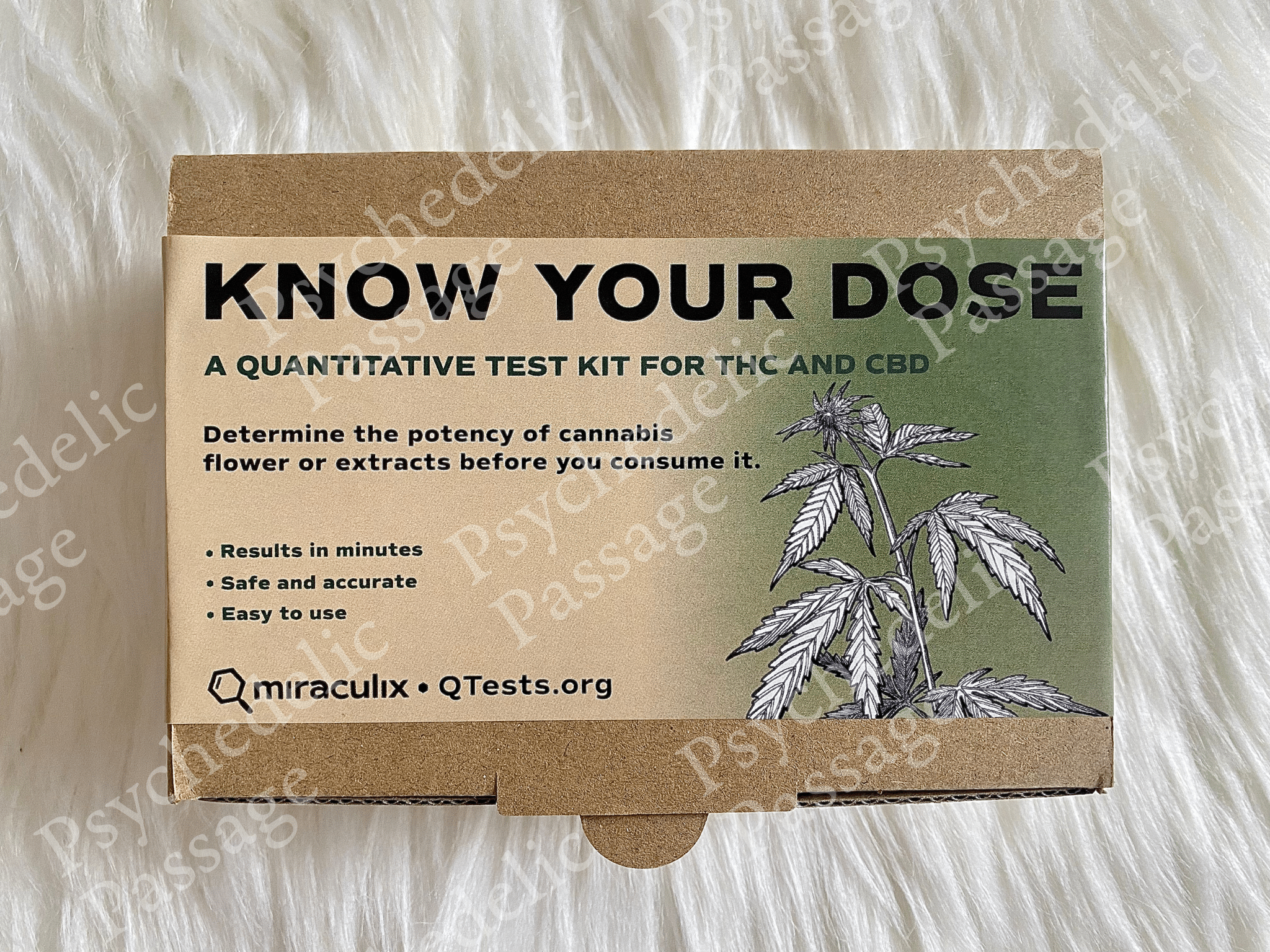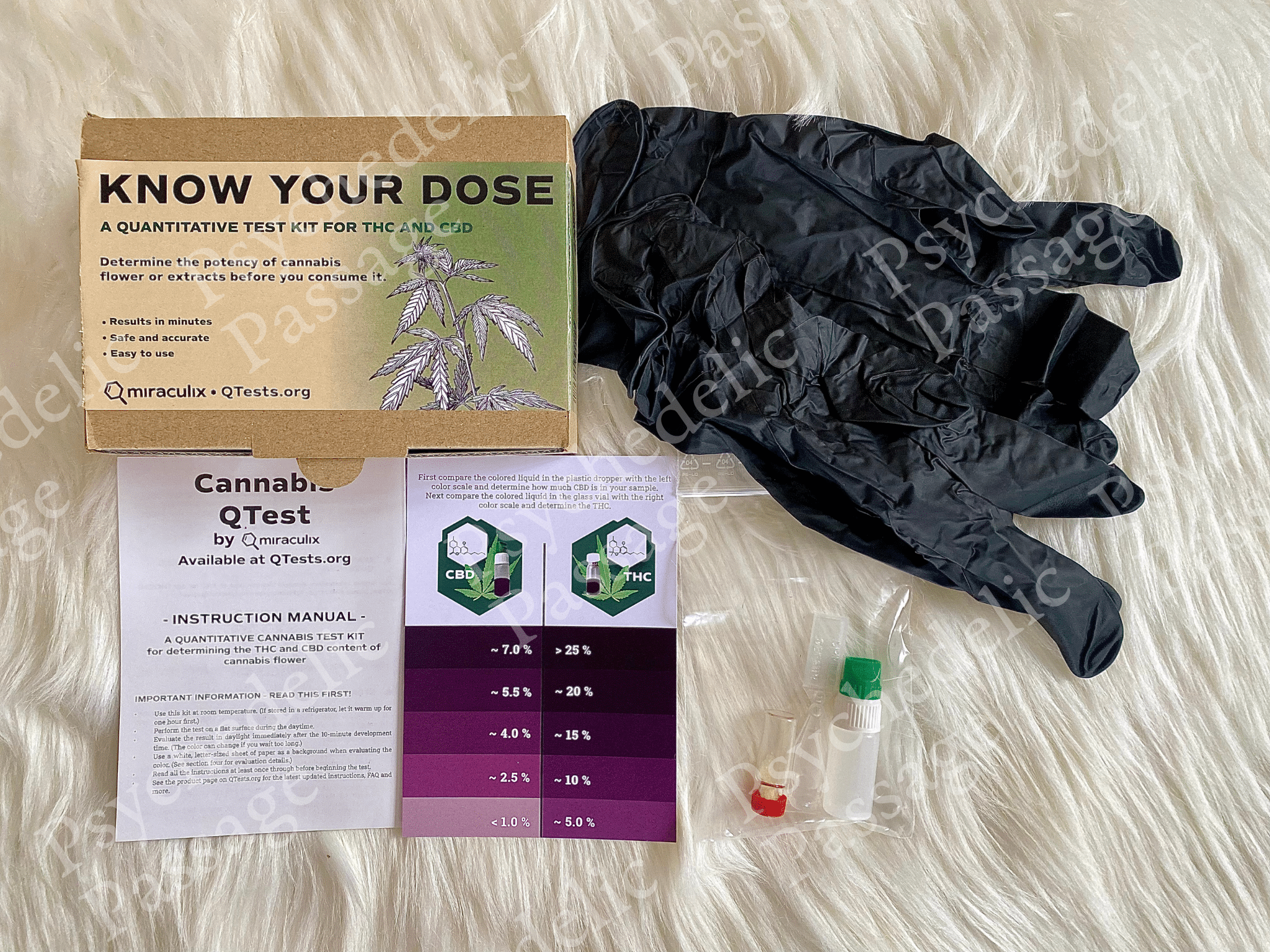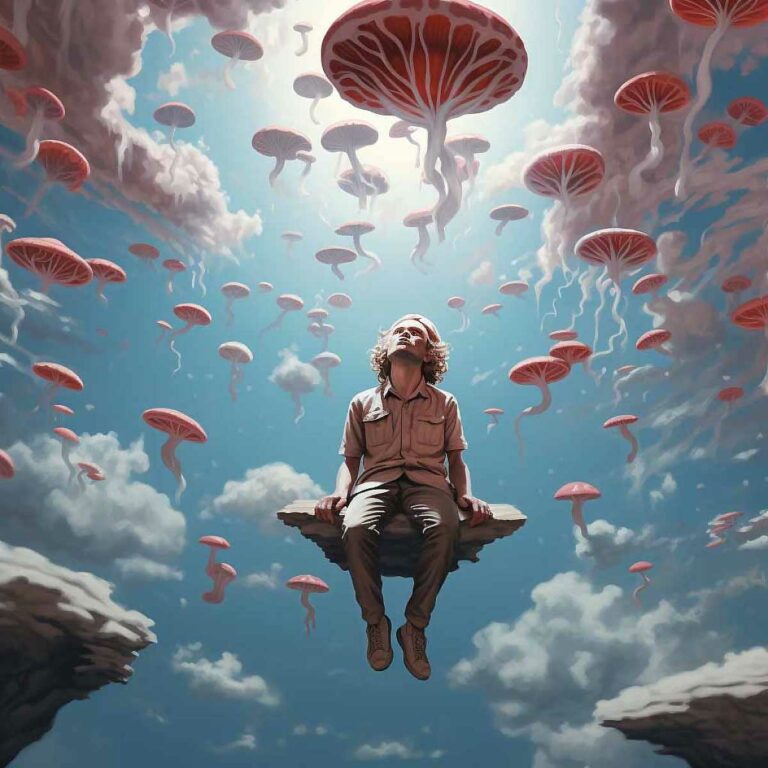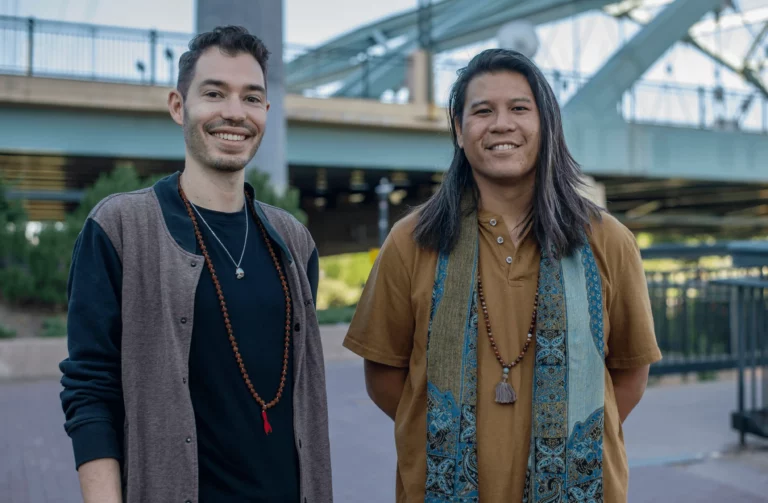Cannabis—this verdant ally has been both an ancient herbal remedy and a source of transcendental curiosity.
Because this enigmatic plant defies many categorizations and can have powerful effects if taken in the right setting and dosage, some people question whether or not it falls under the label of “psychedelic.”
Its effects, experiences, and the narratives spun around it are as diverse as the cultures that have embraced it, and the very modern cannabis industry attempts to birth these diverse benefits out of the shadows of stigma.
This article is your guide to unraveling the complex nature of cannabis, ultimately attempting to decipher whether it rightfully claims the mantle of a psychedelic substance.
Understanding the varied ways in which this plant influences our minds and perceptions helps to demystify all plant medicines and lead to greater awareness around their therapeutic usefulness.
It is a plant deeply woven into our history, our culture, and our experiences—an enigma waiting to be understood, appreciated, and navigated with respect and awareness.
What is a Psychedelic, Technically Speaking?
The term “psychedelic” carries a spectrum of meanings, from its precise pharmacological definition to its colloquial usage.
To truly grasp the essence of psychedelics and distinguish them from other substances, it’s necessary to explore what categorizes them as such in comparison.
At its core, the term “psychedelic” refers to a class of substances known for their profound impact on the human mind. This category includes classical psychedelics, which are substances primarily influencing the brain’s serotonin receptors.
Check out our article on how psychedelics interact with the brain for a further breakdown on the neurochemistry of psychedelics like magic mushrooms (psilocybin), LSD, DMT, and more.
To sum it up, many classical psychedelics belong to the tryptamine class, which shares a common chemical structure and heavily relies on the serotonin system in the brain.
This interaction with serotonin receptors is considered the cornerstone of the psychedelic experience, ushering in a range of effects like visual and auditory hallucinations, introspective journeys, and a sense of interconnectedness with the world.
Stimulants, such as caffeine, amphetamines, and cocaine, rather, manifest effects opposite to those of psychedelics. Stimulants boost alertness, energy, and focus, fostering heightened wakefulness and physical activity.
Dissociative drugs, including ketamine, detach users from their sensory experiences and often induce a feeling of “floating” or detachment from the physical self.
Unlike psychedelics, which intensify sensory experiences and foster connection with one’s surroundings, dissociatives create a sense of detachment from reality.
Cannabis, on the other hand, seems to defy all of these categories, and can manifest stimulating, depressant, disassociative, and hallucinogenic symptoms depending on the strain, strength, and dose.
Each “type” has unique therapeutic and medicinal benefits, and many of the categories we have placed them in are oversimplifications of the complexity and uniqueness of every individual psychoactive substance.
Looking for professionally supported psychedelic therapy?
We'll walk you through every step of the process after getting to know you and your unique situation. Book your consultation call for $49 and we’ll answer all your questions.
Cannabis: What Makes it Tick?
Cannabis, scientifically known as Cannabis sativa or Cannabis indica, is a plant that contains over 100 different compounds known as cannabinoids.
The two primary cannabinoids that have garnered the most attention are tetrahydrocannabinol (THC) and cannabidiol (CBD).
Delta-9-tetrahydrocannabinol, or THC, is the superstar of the cannabis plant. It’s the compound that garners the most attention and, quite literally, gets people high.
THC interacts with our body’s endocannabinoid system, specifically binding to CB1 receptors in the brain and central nervous system.
This interaction leads to an array of effects, from euphoria and relaxation to heightened sensory perception and the notorious “munchies.”
While THC may steal the spotlight, cannabis boasts a wealth of other cannabinoids, each with its unique role to play.
CBD (cannabidiol), for instance, has gained recognition for its non-psychoactive properties and potential therapeutic benefits.
CBD doesn’t produce the euphoric “high” associated with THC but is believed to influence various physiological processes, such as pain perception and inflammation.
Beyond THC and CBD, there are over 100 known cannabinoids in the cannabis plant, each with its potential effects and benefits.
Some, like CBN (cannabinol), may have sedative properties, while others, such as CBG (cannabigerol), are being studied for their potential anti-inflammatory properties.
It’s not hard to imagine how the unique cannabinoid receptors would have a distinct perceptual effect in comparison with the stimulation of serotonin receptors like the 5-HT2A receptor.
Testing Your Weed For Purity & Potency
When it comes to therapeutic or even recreational use of cannabis—like with any mind-altering drug—it is important to beware of the quality and potency of your substance.
Strength of cannabis varies greatly depending on a number of factors, including strain, environment of cultivation, and age of the plant.
We recommend taking the extra step of testing the potency and purity of your cannabis with a Cannabis Qtest.

These tests offer an opportunity for intentional and conclusive dosing to ensure you don’t over or under do it when communing with this plant teacher.

We also offer additional resources on psychedelics and cannabis for a safer and more intentional relationship with the plant:
Is Cannabis a Psychedelic or Not?
While cannabis shares some perceptual similarities with classic psychedelics like LSD or psilocybin, it distinguishes itself in several key ways.
The first distinction lies in the intensity of the experience. Cannabis-induced alterations in perception and consciousness often tend to be less profound and all-encompassing than those induced by classic psychedelics.
While users may experience heightened sensory perception, mild hallucinations, or a sense of introspection, these effects typically remain within a manageable range for most individuals.
Another difference is the predictability of the experience. Cannabis highs can vary significantly depending on factors like strain, dosage, and an individual’s tolerance.
This unpredictability often leads to a more variable and controllable experience compared to the relatively consistent effects of classic psychedelics.
Moreover, the duration of the cannabis experience differs. A cannabis high generally lasts for a few hours, while classic psychedelics can extend their influence over a more extended period.
THC is the compound primarily responsible for the psychoactive effects of cannabis. When consumed, it binds to specific receptors in the brain and central nervous system.
Cannabis is often classified as a “mild psychedelic” or “psychoactive substance” due to its ability to induce changes in perception and thought.
However, it does not fit the traditional profile of classic psychedelics like LSD or psilocybin, which tend to produce more intense and profound alterations in consciousness and are considered serotonergic.
Speak With a Psychedelic Professional
Hi there! We sincerely hope that you’ve found valuable takeaways that resonate with your current intentions. To explore research-based education, stay updated with psychedelic news, and benefit from practical how-to articles, we encourage you to head over to our resources page.
If you’re seeking personalized advice and are prepared to take the first step toward a therapeutic psychedelic experience, we invite you to book a consultation with our team of experienced psychedelic concierges.
This consultation is more than just a conversation; it’s an opportunity to be matched with a trustworthy local facilitator. You’ll be seamlessly connected to our rigorously vetted network of psychedelic guides, ensuring potential matches align with your needs.
Psychedelic Passage offers confidence and peace of mind by alleviating the burden of having to guess who’s right for you. If you want to discover how Psychedelic Passage can help you, we empower you to learn more about our services and check out client testimonials from those who’ve gone before you.
Your healing path is uniquely yours, and our commitment is to serve you at every juncture. Psychedelic Passage: Your Psychedelic Concierge — The easy, legal way to find trustworthy psilocybin guides, facilitators and psychedelic assisted therapy near you in the United States.
More Psychedelic Passage
-
- Listen to our podcast on Spotify, Apple Podcasts, and iHeartRadio
-
- Subscribe to our Youtube Channel
Frequently Asked Questions About Psychedelics & Cannabis
1. Is cannabis considered a psychedelic substance?
The classification of cannabis as a psychedelic is a subject of debate. While it can induce altered states of consciousness and perceptual changes, it generally differs in intensity and character from classic psychedelics like LSD or psilocybin.
The classification may vary depending on individual experiences and perspectives, as well as whether or not the term “psychedelic” is being used classically to describe serotonergic drugs.
2. What are the key differences between cannabis and classic psychedelics?
Cannabis typically produces milder alterations in perception and a shorter duration of effects compared to classic psychedelics.
Classic psychedelics often lead to more profound and consistent changes in consciousness, while cannabis experiences can vary widely based on factors like strain, dosage, and individual tolerance.
3. Can cannabis induce hallucinations like classic psychedelics?
Cannabis can occasionally lead to mild hallucinatory effects, such as enhanced colors, distortions in sensory perception, or auditory changes.
However, these effects are usually less intense, less common, and of a different quality than those induced by classic psychedelics.



